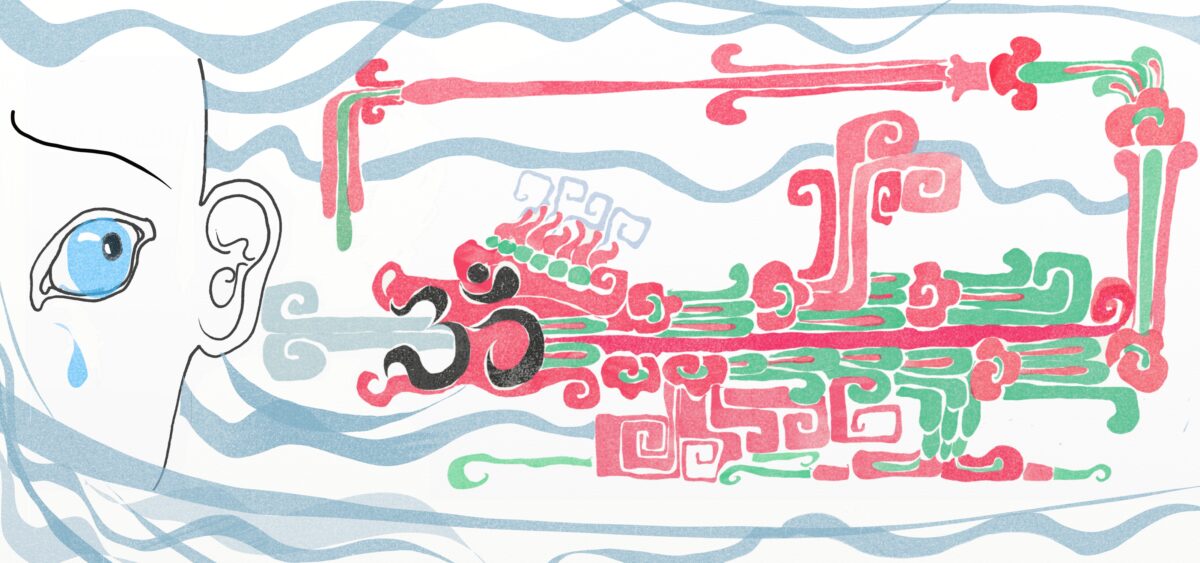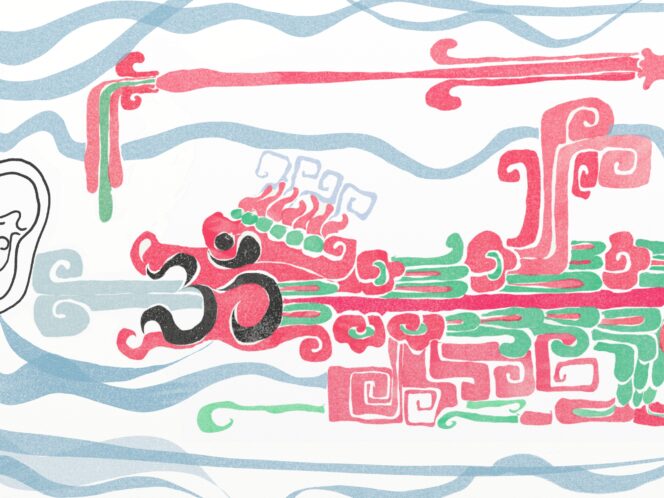
What is anxiety?
Anxiety is a physiological reaction of the body that can – although it doesn’t have to – be experienced as a feeling of threat or foreboding. It can be concentrated (like during a panic attack), or take on a form of scattered anxiety, general unrest and state of tension that accompany us all the time.
Why is it good practice to differentiate fear from anxiety during a pandemic?
Fear is a physical and emotional reaction to a genuinely threatening situation. Anxiety can induce similar physical symptoms. However, their source is not any external danger, but unsolved and unrealized internal conflicts, and suppressed feelings connected to them. People who experience anxiety rationalize it in an effort to find seemingly objective threats, but those factors are not really the source of their emotional state. The pandemic we are experiencing now is a source of fear for many, as it comes with real danger, but it also activates our anxieties.
Why?
Mainly because it poses a threat to our feeling of security.
How does anxiety affect the body?
It is expressed through tension, faster breathing, heart palpitations, sweating. When anxiety increases, we may also feel weak or numb, or experience bellyache, a knot in our stomach or tightness inside the chest. In its most intense form, anxiety can make us dizzy, affect our sight, hearing and clear thinking, and cause racing thoughts or a feeling of an empty head.
In what other ways does anxiety affect our mind?
Intense








